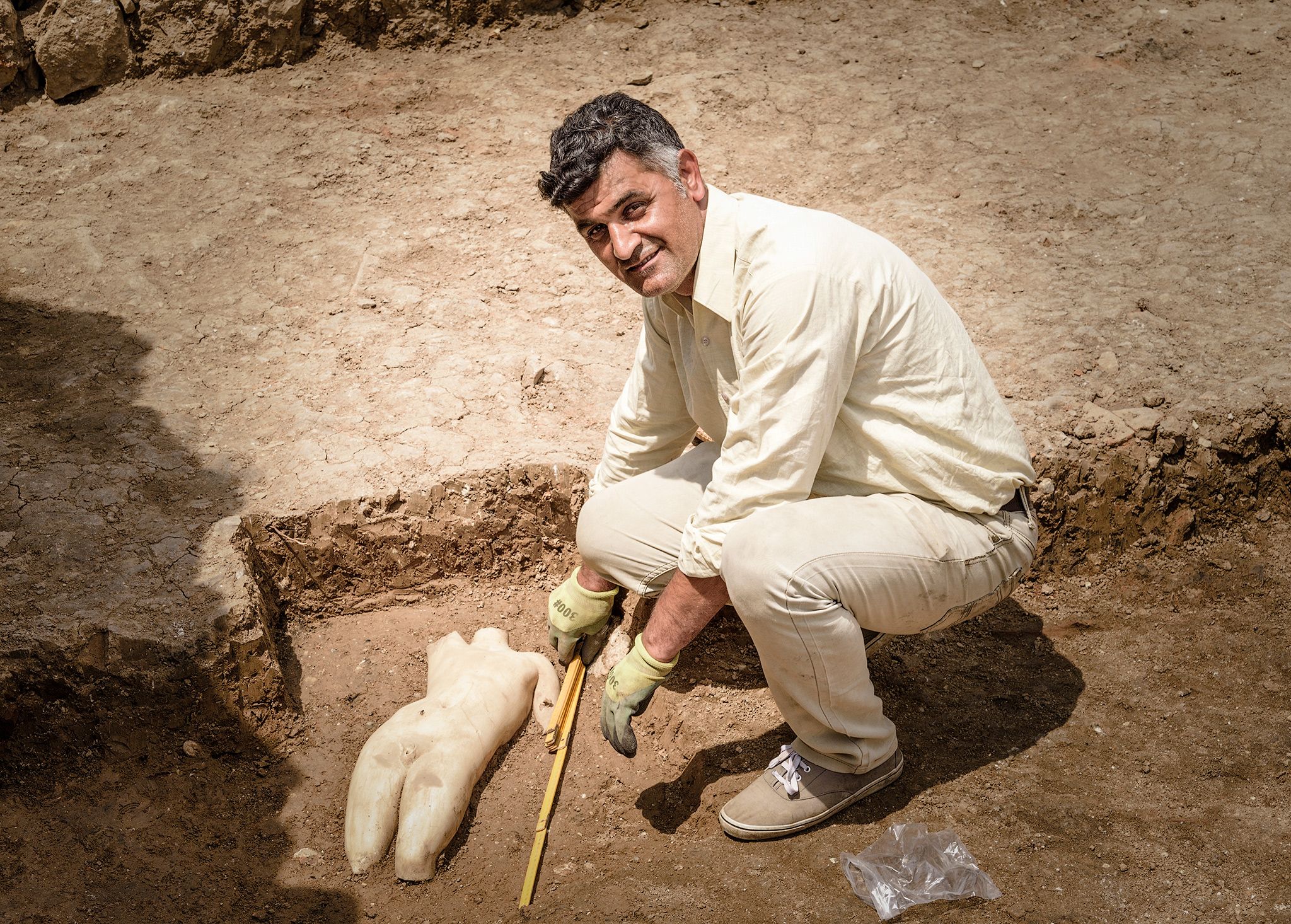
An ancient fortress city founded by Alexander the Great and believed lost to history for 2,000 years has been rediscovered by archaeologists who used drones to verify declassified spy photos showing the location.
The team from London's British Museum first thought they might have located the city in modern-day Iraq while studying military satellite imaging from the 1960s. The U.S. government documents were declassified in 1996, The Times of London reported.
Related: Ancient Greece: Massive tomb holding treasure and mysterious 3,400-year-old body uncovered
The team of British and Iraqi excavators confirmed the location of the city by flying a drone equipped with a camera over the site. The processed images showed the outlines of a sizable rectangular building hidden beneath fields.
Internal security problems in Iraq made an archaeological dig impossible. Gaining access to the country while it remained under the dictatorship of Saddam Hussein and following the U.S.-led invasion of the country in 2003 was out of the question. It was not until recent years that excavators could conduct their work in safety.
The site has been used by the British team as part of a U.K.-funded program to train Iraqis working on the restoration of sites destroyed or vandalized by the Islamic State militant group, or ISIS.
The fortified settlement in northern Iraq, Qalatga Darband, was known for its wine trade and was likely built on the route by Alexander of Macedon—Alexander the Great—as he pursued the Persian ruler Darius III across eastern Asia in the fourth century B.C.
The archaeologist in charge of the project, John MacGinnis, said the Emergency Heritage Management Training Programme and its initiates had established for the first time that there was a city in the area dating to the first and second centuries B.C.
He explained that the use of drones had been crucial to locating the site. "The drone yielded excellent information," MacGinnis said. "We got coverage of all the site using the drone in the spring—analyzing crop marks hasn't been done at all in Mesopotamian archaeology.
"Where there are walls underground, the wheat and barley don't grow so well, so there are color differences in the crop growth," he added.
In Qalatga Darband, the team uncovered statues of Greco-Roman gods, showing the strength of Greek influence on the city—and indicating its early residents were likely subjects of the legendary Greek emperor and his successor.
Uncommon Knowledge
Newsweek is committed to challenging conventional wisdom and finding connections in the search for common ground.
Newsweek is committed to challenging conventional wisdom and finding connections in the search for common ground.
About the writer
Callum Paton is a staff writer at Newsweek specializing in North Africa and the Middle East. He has worked freelance ... Read more
To read how Newsweek uses AI as a newsroom tool, Click here.








